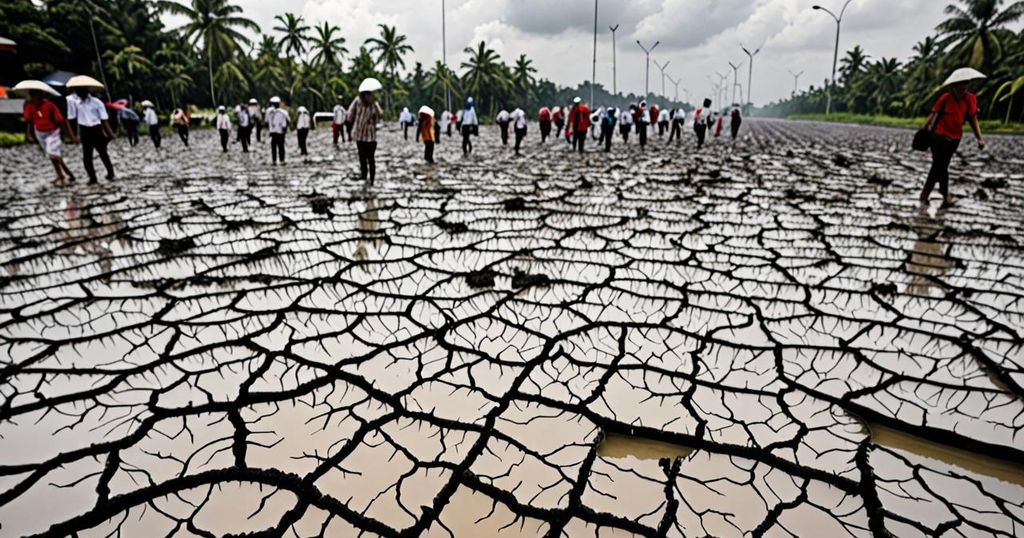In the recent Indonesian presidential election, Prabowo Subianto has emerged as the likely victor, sparking discussions about the potential impact on the nation’s natural resources and environmental strategies. As the world’s leading coal exporter and a significant producer of nickel and palm oil, Indonesia’s role in global climate change initiatives cannot be overstated. Consequently, the election’s outcome is of considerable interest to both environmentalists and policymakers, as it could significantly influence the country’s approach to addressing climate change.
A primary concern following Prabowo Subianto’s victory is his involvement in the surge of coal consumption, which has contributed to Indonesia’s greenhouse gas emissions. However, there is also potential for the growth of a domestic electric-battery industry, supported by the nation’s ample nickel reserves. This creates a complex dilemma as the government seeks to balance the economic advantages of its natural resources with the urgent need to combat climate change.
Given Indonesia’s status as a major coal exporter, it is essential for the new government to address the transition to cleaner energy sources. Prabowo Subianto has expressed support for a gradual shift away from coal-based power, suggesting a potential change in energy policy. Nonetheless, he also backs the prohibition of raw nickel exports to stimulate domestic battery production. This gives rise to a challenging situation, as nickel production requires significant energy, potentially posing a dilemma for Indonesia’s environmental goals.
The juxtaposition of promoting a domestic electric-battery industry and relying on coal-burning power plants underscores the intricacies inherent in Indonesia’s environmental and energy policies. As the world grapples with pressing climate change concerns, the decisions made by the new Indonesian government will exert a pivotal influence on shaping the global response to the climate crisis.
A comprehensive understanding of the broader repercussions of Indonesia’s presidential election and its subsequent impact on global climate change endeavors is essential. As the world closely monitors the country’s transition of power, it becomes evident that Indonesia’s management of natural resources and environmental policies will have far-reaching implications for the international community.
In conclusion, Indonesia’s presidential election outcome has raised significant inquiries about the future of the country’s environmental policies, particularly concerning climate change. Given the imperative need for decisive action to mitigate the impacts of global warming, Indonesia’s approach to natural resource management and energy policies will undoubtedly become a focal point in the broader discourse on climate change.
Source:
– New York Times article “Indonesia’s Vote: Three Takeaways for Climate Change”

Leave a Reply